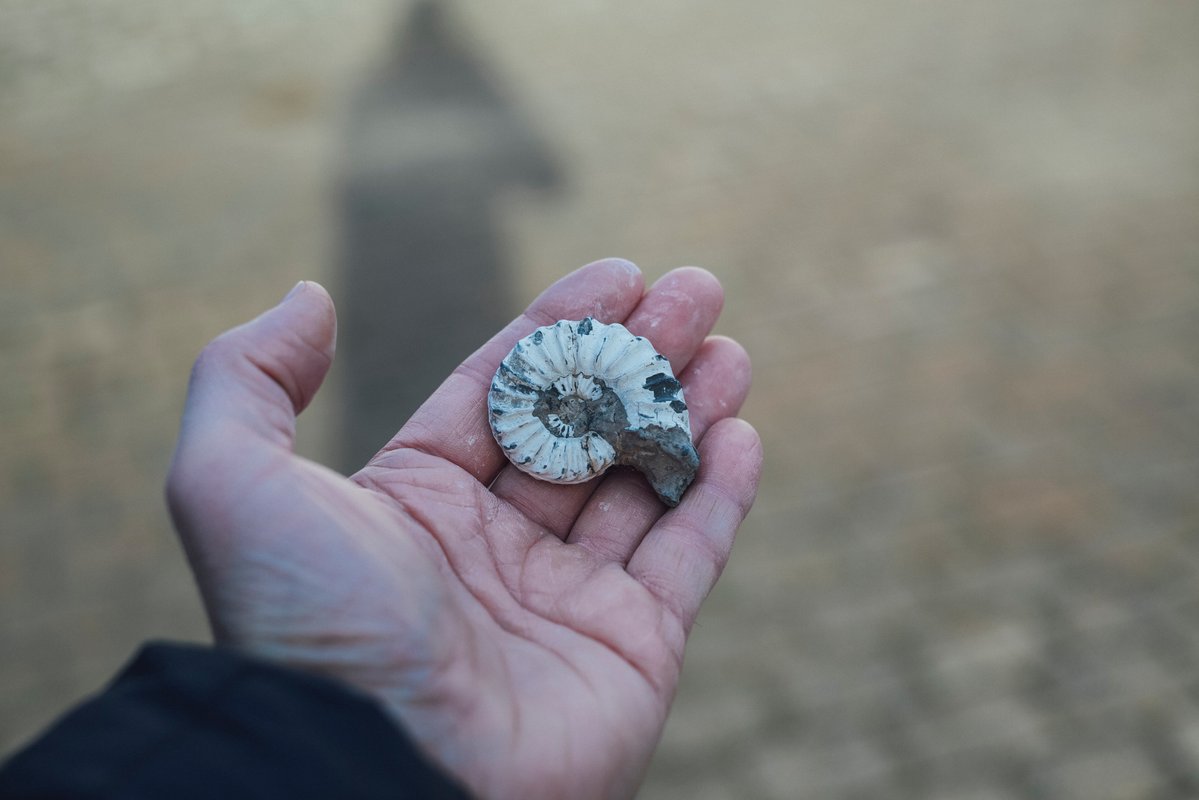The research and outreach work of the museum is organized into six areas of emphasis under the motto "Evolution of organisms and ecosystems":
1. Biological systematics and phylogeny
The collections-based description of species and higher taxa and their interpretation in an evolutionary context is one of our core areas of expertise and is the basis for all further research.
2. Biodiversity and biogeography
The diversity of life is examined at three hierarchical levels - biodiversity of genes, of species, and of ecosystems. Long-term biodiversity studies are combined with biogeographical analyses.
3. Ecology of fossil and Recent ecosystems
The analysis of complex ecosystems from different time slices provides us with profound insights into biological communities and their relationships with habitat and climate. Our extensive expertise in botany, paleobotany, zoology, paleozoology, and ecophysiology facilitates a broad research approach.
4. Open research
Open research topics allow us to respond flexibly to current issues and societal demands.
5. Collections development and scientific preparation
The collections are archives of biodiversity, and are rigorously maintained and expanded. This includes the development of tissue and DNA archives. Diverse methodologies for specimen preparation and modern imaging techniques for both research and collections are being further developed. Digital documentation and integration of collections into international databases is ongoing.
6. Knowledge transfer: Communication and exhibition design
The effective transfer of knowledge into society is one of the core competencies of the museum and influences its perception by the general public. The close connection between research, exhibitions, and knowledge transfer is a strength of the SMNS. The exhibitions are constantly being updated, as are new methods of knowledge transfer. We are thus one of the most important providers of outreach education in the natural sciences in the state.
